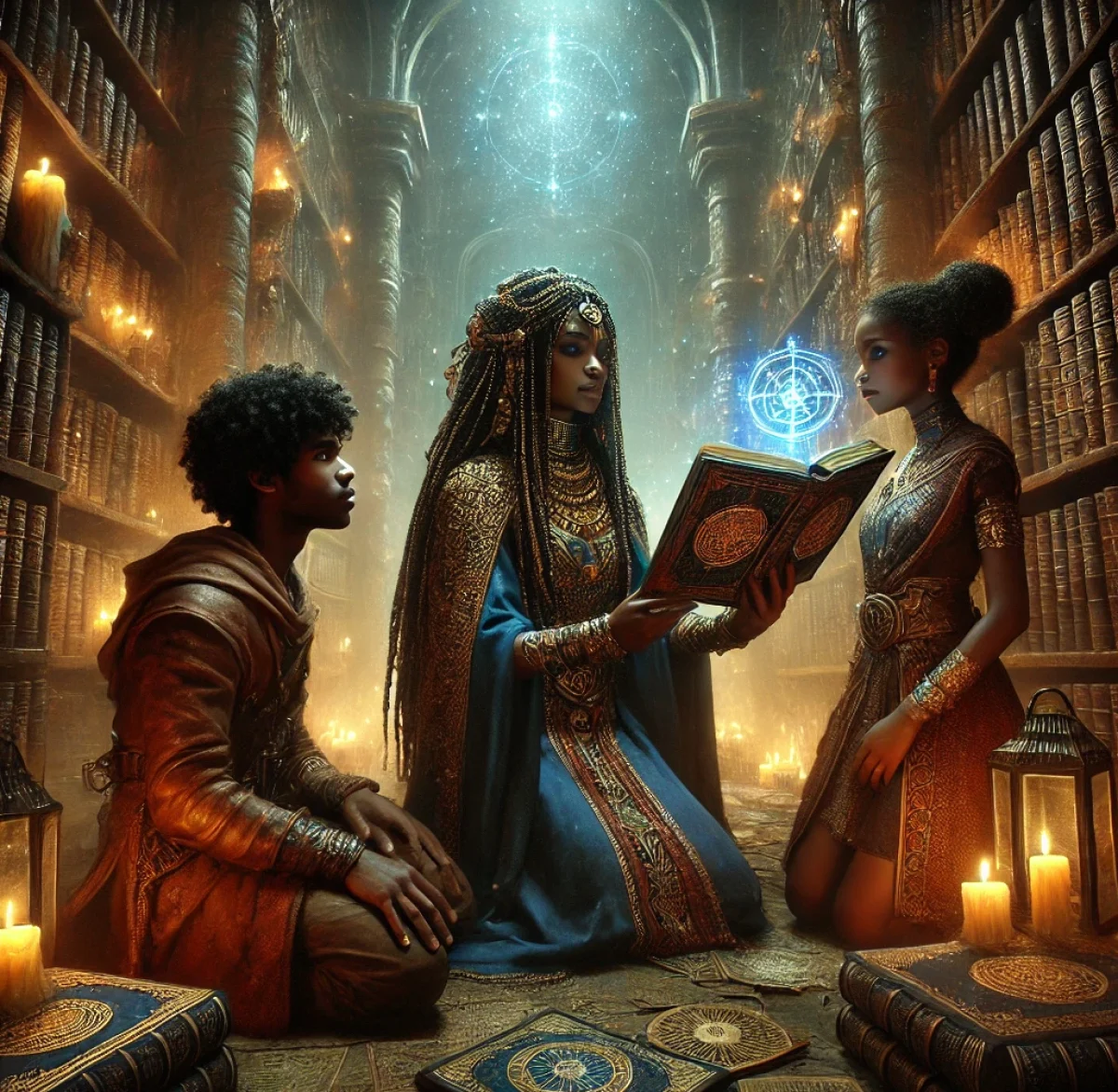Certainly. Below is a reusable superprompt designed to help you or any writer develop a well-structured scene using the core principles of scene construction. It is formatted as a template with embedded guidance for technical precision and creative depth. You may reuse or adapt this for any narrative context or genre.
📌 Reusable Superprompt: Scene Development Based on Story Concept
INSTRUCTIONS: Replace bracketed sections with your own content. Answer each prompt with specificity and clarity to develop a high-functioning scene that integrates character, plot, conflict, and thematic resonance.
Scene Development Template
1. Scene Context
- Title or Chapter: [Insert scene or chapter title]
- Placement in Story: [Act I / Act II / Act III / Act IV]
- Narrative Purpose: What structural function does this scene serve? (e.g., First Encounter, Betrayal, Climax, Revelation)
➤ [e.g., This scene introduces the protagonist’s latent supernatural ability and escalates their internal conflict.]
2. Scene Goal
- What does the POV character want in this scene?
➤ [e.g., The protagonist wants to escape the alley undetected after witnessing a magical crime.]
3. Conflict
- What or who stands in their way?
➤ [e.g., A masked figure blocks their exit and demands the stolen artifact.] - Type of Conflict:
☐ Internal (emotional, psychological)
☐ External (character vs. character, environment, society, etc.)
☐ Both
4. Stakes
- What are the consequences of failure or success?
➤ [e.g., If they fail, they’ll be caught and imprisoned by a magical syndicate; if they succeed, they’ll earn the trust of their mysterious mentor.]
5. Scene Turning Point
- What changes by the end of the scene?
➤ [e.g., The protagonist discovers they can manipulate shadows—a power that terrifies them.] - Is this a positive or negative turn?
☐ Positive
☐ Negative
☐ Mixed
6. Emotional Arc
- What is the character’s emotional state at the start?
➤ [e.g., Paranoid and hesitant] - What is their emotional state at the end?
➤ [e.g., Terrified, but exhilarated by their power] - What internal change occurs?
➤ [e.g., A shift from passive fear to active self-protection]
7. Scene Type ☐ Action
☐ Dialogue
☐ Introspective
☐ Expository
☐ Climactic
☐ Transitional
☐ Hybrid
- Justification: [e.g., Hybrid — this scene contains action (the chase), dialogue (with the antagonist), and a moment of revelation.]
8. Setting and Atmosphere
- Location: [e.g., A narrow cobblestone alley behind a shuttered apothecary in the magical district]
- Time of Day: [e.g., Midnight]
- Sensory Details to Include:
➤ [e.g., Damp fog clinging to the walls, the sharp scent of crushed mint from spilled herbs, a flickering rune-light overhead]
9. Dialogue and Subtext
- What key information or emotion is revealed through dialogue?
➤ [e.g., The antagonist knows more about the protagonist’s past than they let on.] - Subtextual Meaning:
➤ [e.g., While threatening them, the antagonist subtly implies they are related.]
10. Scene Hook or Transition
- Closing beat or image:
➤ [e.g., The protagonist vanishes into the shadows—literally—and we see the antagonist smiling, as if this is exactly what they wanted.] - Leads into next scene by…
➤ [e.g., Setting up the protagonist’s first lesson in magic with their mentor.]
11. Thematic Integration
- Which themes are reinforced in this scene?
☐ Identity
☐ Power and Corruption
☐ Trust and Betrayal
☐ Destiny vs. Choice
☐ Loss and Sacrifice
☐ Other: [Insert] - How are these themes expressed?
➤ [e.g., The character’s accidental use of magic ties into the theme of uncontrolled power and fear of inheritance.]
✅ Optional: Final Checklist
- Does the scene open with a compelling question or action?
- Does the POV remain consistent throughout?
- Does at least one major character change by the end of the scene?
- Does the scene drive the story forward in terms of plot or character?
- Are sensory details, emotional beats, and pacing balanced?
